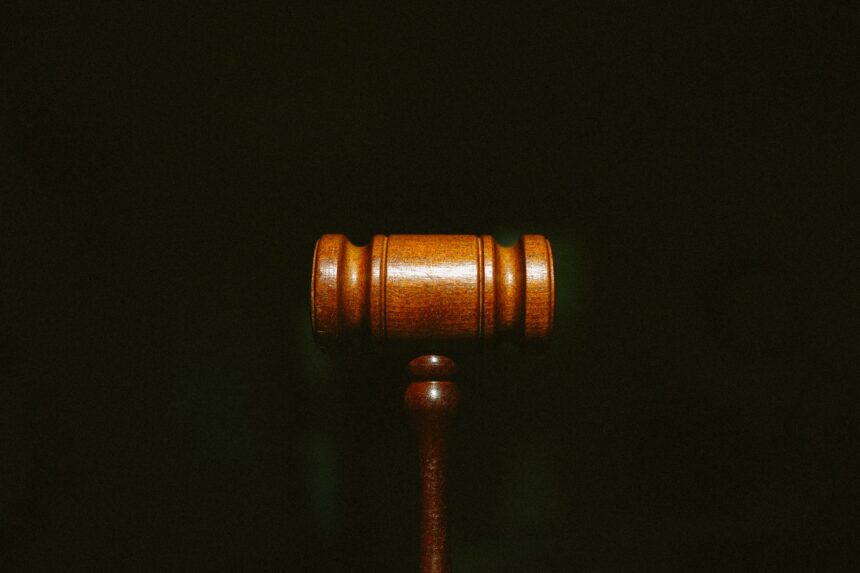SEATTLE – Councilmember Teresa Mosqueda issued the following statement regarding the Seattle City Council’s final consideration of legislation (CB 120645) that allows the Seattle City Attorney to prosecute public drug use or possession, the first time that such prosecution will happen at the city level in Seattle’s history:
“Given my background in public health and my steadfast commitment to addressing root causes of behavioral health and substance use disorder, as well as my duty as Budget Chair, I cannot in good conscience vote for this bill as it doubles down on harmful, ineffective, and costly incarceration to address a public health crisis – with no assurances that there will be significant new funding to provide treatment on demand and diversion strategies instead of jail.
“The state law is currently the law in Seattle – there is no requirement for the city to further criminalize the public health crisis of addiction. This bill compounds the criminalization of addiction by giving the City Attorney additional prosecutorial authority to incarcerate people instead of offering public health interventions to prevent use, overdose, and death. Further, City Council has no assurances that there will be significant new revenue in the proposed budget to scale-up proven, data-driven approaches of treatment on demand and diversion. Instead, this bill goes in the opposite direction. With no new significant investments to help divert folks away from jail and towards services, this bill will only exacerbate harm, trauma, and death.
“Repeated public health studies show people are more likely to die either while incarcerated or upon release. The harms of criminalization and incarceration have a disproportionate impact on Black, Indigenous, and People of Color, people with mental illness, and people struggling with housing insecurity. BIPOC, particularly Black men, people with mental illness, and substance use disorder are frequently misperceived as violent, raising the possibility that this stigmatized population will be disproportionately targeted.
“I hear from residents across the city a shared interest in helping people suffering on our streets with the crisis of addiction get the care and treatment they need, but this bill instead offers a hollow promise of diversion.
“There is real urgency to make critical investments to address the challenges facing people trapped in cycles of crisis, substance use, criminalization and housing instability, as well as genuine issues shared with me by frontline workers and neighbors impacted by the drug crisis. I have always advocated—and will continue to advocate—to address the root causes that lead to addiction, get neighbors the treatment they desperately need, and prevent public use. This bill, without expanding diversion capacity, won’t accomplish that.”
###


